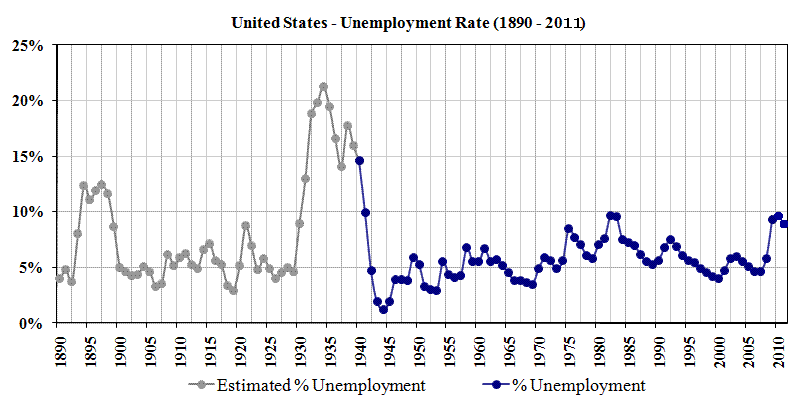Then you need to learn how to write what you are thinking as it couldn't be any more clear to the people reading this thread as to what this statement meant....
It's pretty hard to take those statements any other way than face value, Jr.
If you would take things in context like, you know, by reading the story in the OP instead of being a giant douchebag then perhaps you might be able to see what this thread is about.
You and I are able to discuss this because we both have jobs due to automation. The news story is trying to make it seem like countless people are/are going to be unemployed due to automation and that it can be be possible the reason for increasing unemployment. Fact is that is not true today. Plenty of people are employed because of automation and automation directly replacing people happens on a limited scale and won't be the cause for mass layoffs and unemployment anytime soon.
Like I said, if you would look that the link in the OP, you might have some context, ass.
A lot of your rebuttal has been, by your own descriptions, based on ignorance. Not only did you say you didn't watch the story but you also indicated you don't seem to have a grasp on the justification for automation. Its not about replacing people. That happens, without a doubt, but those people take on other tasks. Many, many times automation fulfills a simple task that is only part of an entire operation. By it doing one task, human workers are able to focus on the other, less automation friendly tasks to complete the operation. So they still have a job, but now it has changed focus. This has been my experience, like I said.
Your experiences and mine seem to be quite different with regards to automation, that much we can, I think, agree on. Now if your experiences were the norm and happened to the extent that the story makes it seem, we would be seeing a lot more automation companies in the lead for companies with the most revenue. Facts are they aren't because replacing people with automation isn't commonplace, yet. Its not happening to a degree that would cause any significant change in unemployment or the economy with regards to the job market.
That is the entire point of this thread. Not that automation isn't happening, not that there aren't job being replaced by it. But to what extent entire jobs and therefore workers are being completely displaced by automation to the point where they are adding to unemployment.











